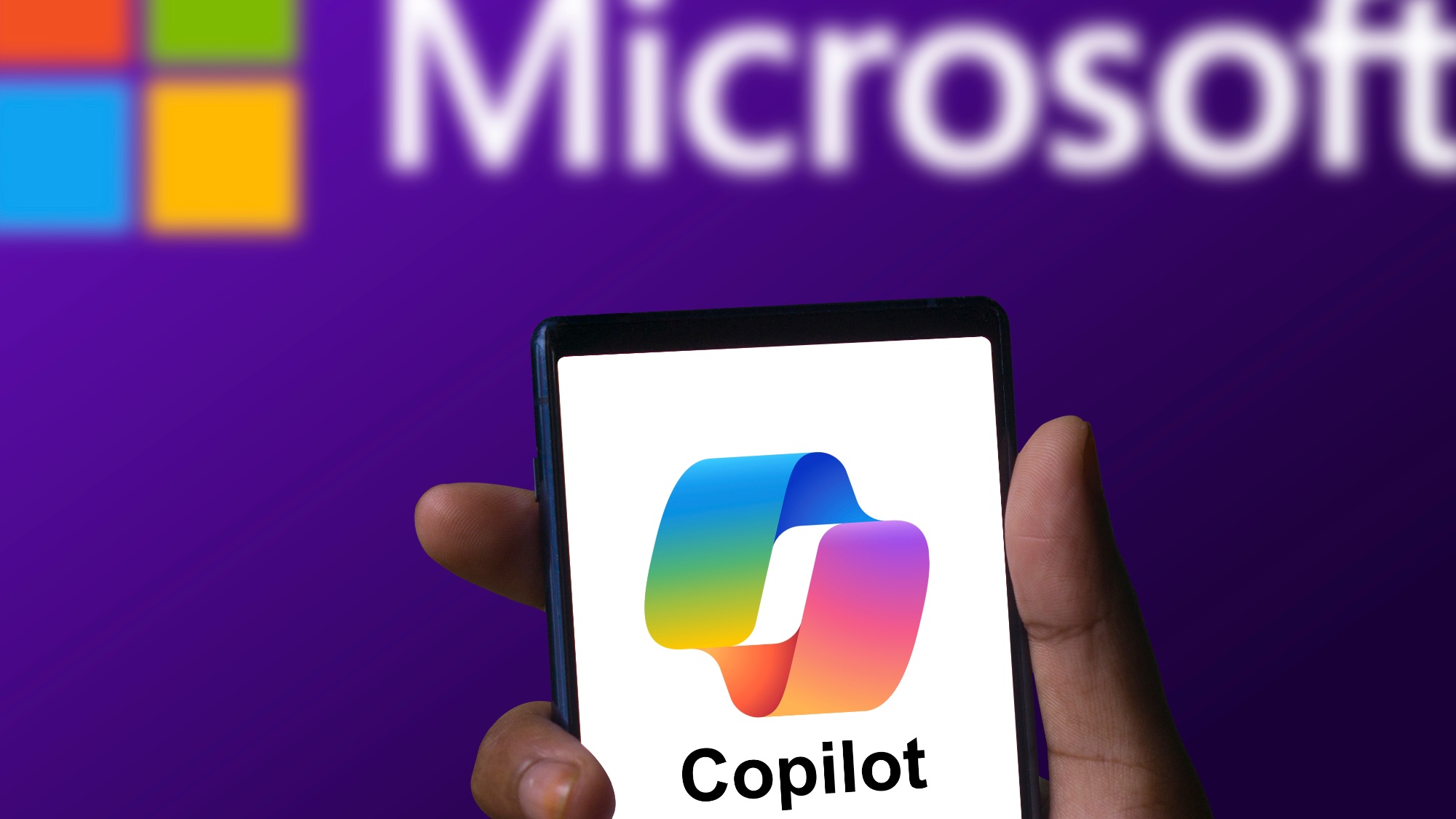Microsoft’s Copilot Vision is a new AI assistant that will change the way we surf the web
AI assistance from your browser

Microsoft just announced the launch of Copilot Vision, an innovative feature for its Edge browser. Currently available in limited preview for select Copilot Pro subscribers in the United States, Copilot Vision represents a major leap forward in browser-based AI assistance.
This feature allows Microsoft’s Copilot to not only browse the web with you but also interpret and interact with the content on your screen. This is sure to enhance the web browsing experience, making it more personal and dynamic.
What Is Copilot Vision?
Copilot Vision brings context-aware AI capabilities to your web browsing. Unlike previous iterations of AI tools that rely on user queries and preloaded data, this new feature lets Microsoft’s AI assistant analyze live web pages in real time. Imagine shopping for the best deals, researching complex topics, or simply catching up on the news, while Copilot Vision offers you relevant insights personalized to the content on your screen.
For example, if you’re reading a product review, Copilot Vision can compare similar items, highlight key specifications, or even find better prices across the web. If you’re navigating an article, the AI can summarize important points or clarify technical jargon that may otherwise be difficult to understand. This seamless interaction turns browsing into a collaborative effort, streamlining workflows and saving time.
How does Copilot Vision work?
Currently, Copilot Vision is still in preview but will be part of the Copilot Pro suite of tools priced at $20 per month. The subscription offers priority access to premium AI features and the latest models, enhancing creativity and productivity across Microsoft applications.
To activate Copilot Vision, users must grant the AI permission to access and analyze the content on their web pages. This feature is embedded directly into the Edge browser and integrates with Microsoft’s broader Copilot ecosystem. Once enabled, Copilot Vision can view text, images, and multimedia, offering suggestions, answering questions, and even generating actionable insights based on your browsing activity.
Another highlight is the ability to provide contextually aware recommendations. For instance, while browsing a travel website, Copilot Vision can suggest alternative destinations, calculate travel costs, or even compare hotels based on your preferences — all within the same browsing session. These capabilities make Copilot Vision a versatile tool for both casual users and experts.
Sign up to get the BEST of Tom's Guide direct to your inbox.
Get instant access to breaking news, the hottest reviews, great deals and helpful tips.
What about privacy?
Microsoft has taken significant steps to ensure that Copilot Vision adheres to stringent privacy and security standards. Because the feature operates on an opt-in basis, users have complete control over when and how Copilot interacts with their browsing data. During the preview phase, Copilot Vision is restricted to a select group of websites, minimizing risks and providing a controlled environment for testing.
Additionally, Copilot Vision does not store or reuse data from visited web pages. The AI’s interactions are confined to the immediate session and do not contribute to broader model training.
The future of browsing is here
Microsoft’s Copilot Vision marks a turning point in AI-assisted browsing. By blending advanced reasoning models with real-time web interaction, the feature has the potential to transform the way users navigate the internet. Whether you’re a casual user looking for smarter recommendations or a professional seeking to streamline your workflow, Copilot Vision promises to make browsing more intuitive, efficient and engaging.
For now, Copilot Vision remains in its early stages, so we will have to see how it compares to Claude and other rivals. As the feature rolls out to more users, it could very well become a cornerstone of Microsoft’s AI strategy, setting a new standard for how artificial intelligence interacts with the web.
As Microsoft continues to refine Copilot Vision, its competitors are also racing to enhance their own AI offerings. Google, for example, is developing similar features for Chrome, aiming to bring its Gemini AI directly into the browser experience. However, Microsoft’s early push to implement AI web browsing gives it a distinct advantage for now.
More from Tom's Guide
- ChatGPT gets an upgrade — OpenAI drops full o1 reasoning model as part of 12 Days announcement
- I used Google Gemini to streamline my grocery shopping and it saved me time and money — here's how
- OpenAI announces '12 days of OpenAI' with a new product or model every day











